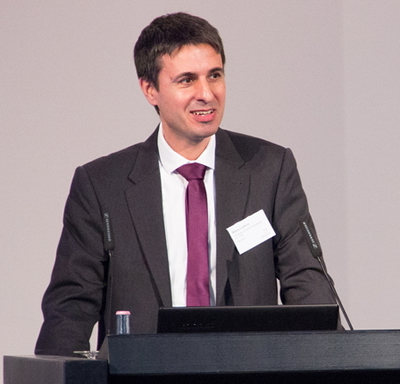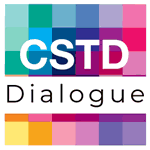Written by Miltos Ladikas, Institute of Technology Assessment and Systems Analysis, Karlsruhe Institute of Technology, Germany
Global problems require global solutions. But neither experts nor policy makers, not to mention lay people, find easily agreement on what actions to take. Everyone agrees though that Science and Technology (S&T) is our best chance to deal with the challenges of our times. Technology Assessment (TA) is a problem-oriented S&T assessment process that provides effective, pragmatic and socially sustainable options for policy action.
International collaboration in the field of TA is currently organized mainly through activities of the European Parliamentary Technology Assessment network, which aims to advance TA as an integral part of policy advisory for parliamentary deliberation on emerging technologies in Europe, and seeks to strengthen the links between TA bodies in Europe and beyond (e.g. Chile, Japan, Mexico, Russian Federation and USA).
The growing global interest in TA is a natural progression of a rising recognition that societies globally need to develop adequate tools to anticipate and manage increasingly profound impacts of S&T on economic, social and environmental conditions. TA offers primary tools for such anticipatory governance.
Experts engaged in current TA projects, commissioned in separate jurisdictions, also become increasingly aware of potential benefits that could be derived from a common reference framework (a set of guiding values, principles and elements) that would guide various TA processes and facilitate international information sharing and cooperation.
However, TA originated and is currently operating in specific socio-economic conditions of high-income countries, especially in Europe. Since circumstances for technological transformation differ globally, there is an understanding that global cooperation should transcend the existing tools and develop TA approaches that can consider contextual circumstances and aid decision-making in different settings. The era of rapidly advancing global connectivity also opens opportunities for collaborations and networked solutions, instead of operating disjointed within various TA systems.
International cooperation on TA is therefore seen as an instrument for exchange of know-how and codification of principles of good practice, but also as an incubator of future global cooperation through an array of networked organisations that can exchange information and collaborate on issues of joint interest. Such architecture goes beyond the current concept of TA as a country-based and government-led activity, and redesigns it towards an interlinked and flexible transnational system.
Recently, leading TA institutions from Austria, Germany, and the Netherlands have agreed to collectively launch the Global Technology Assessment Initiative with the aim to facilitate development of a global consensus on the basic elements of good TA practice and to support global cooperation in assessments of key technologies that may have significant impact on economic, social or environmental systems.
The Initiative will be open to any parliamentary, governmental or academic institution interested in the use of TA in public policy making and decision-making. It will also liaise with the relevant international organisations that support development of governance frameworks for emerging disruptive technologies (e.g. OECD, World Economic Forum and potentially interested UN agencies, such as UNCSTD).
What must be done to ensure that the potential offered by science, technology and innovation towards achieving the SDGs is ultimately realized?
In the context of the UN Commission on Science and Technology for Development, the CSTD Dialogue brings together leaders and experts to address this question and contribute to rigorous thinking on the opportunities and challenges of STI in several crucial areas including gender equality, food security and poverty reduction.
The conversation continues at the twenty-second session of the CSTD and as an online exchange by thought leaders.


